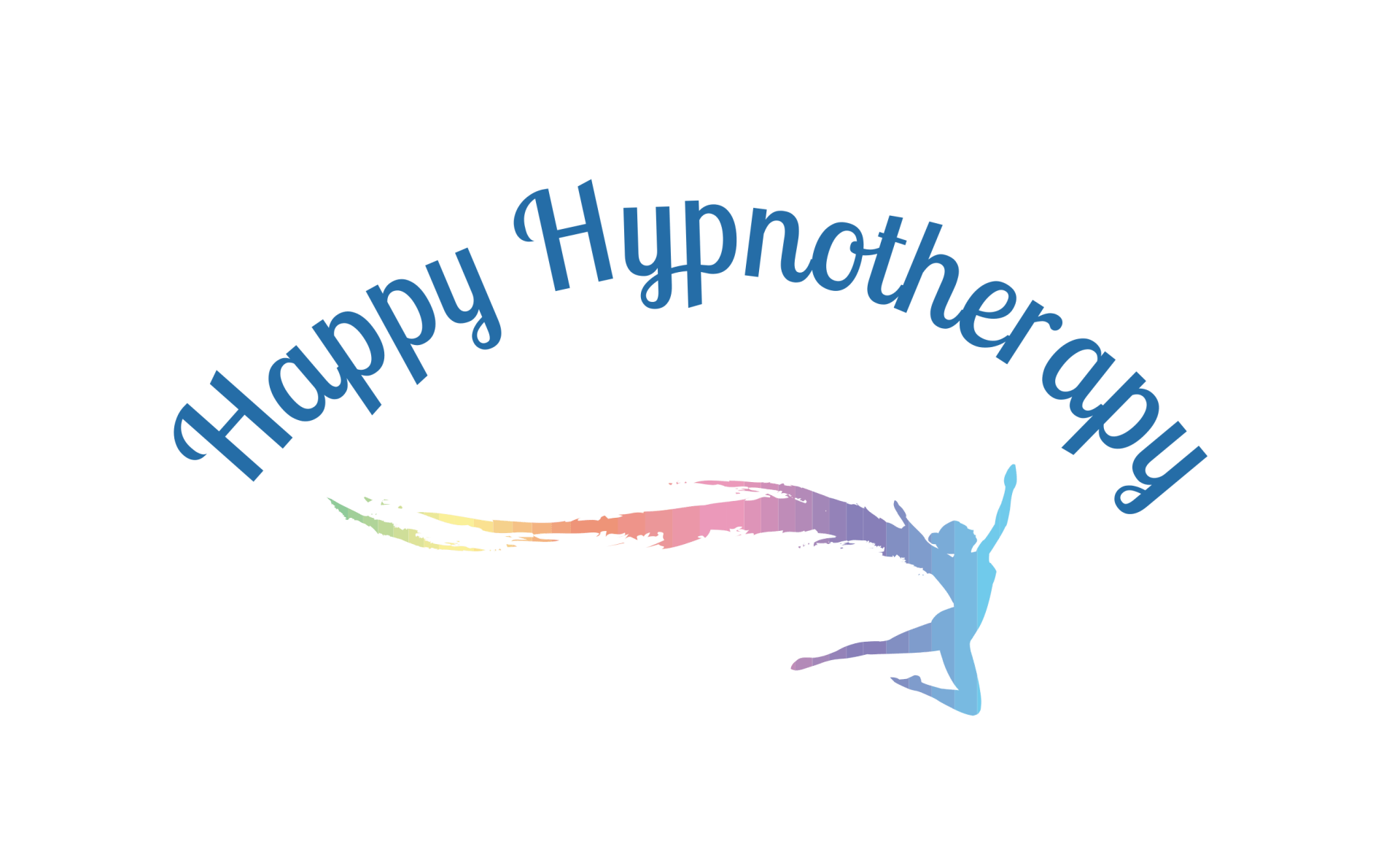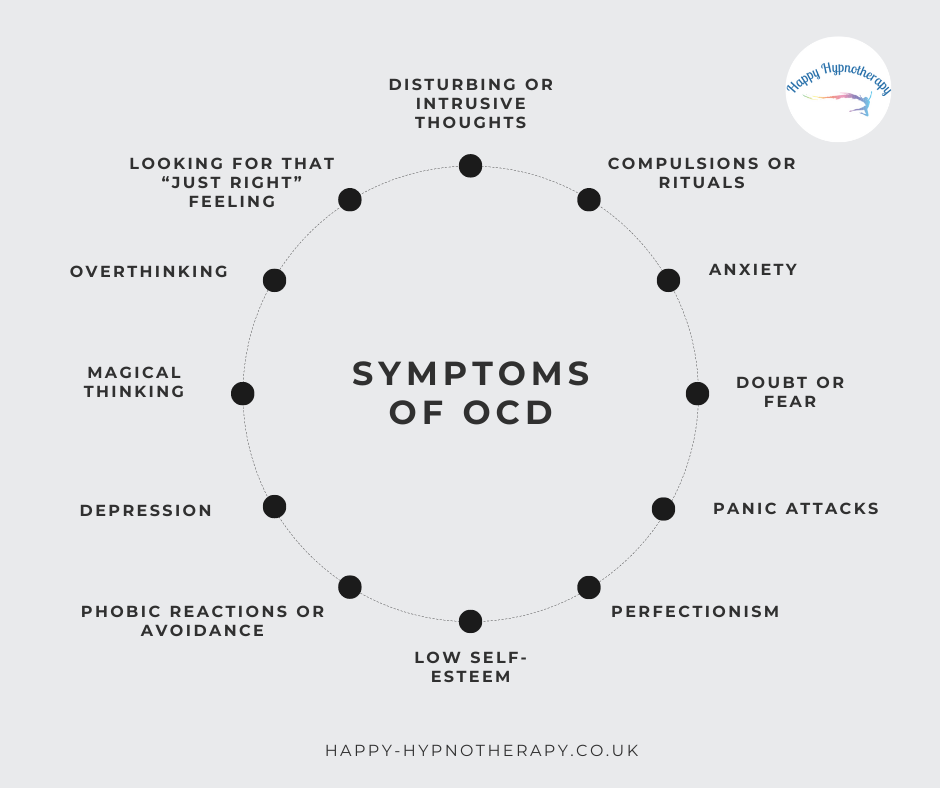Obsession: Coping with OCD
Elaine Neale • 22 April 2020
Obsession, Over-thinking and Compulsion
Have you ever been so fixated on a thought or idea that you couldn't get it out of your head? Whatever else you do, this thought just rolls around your head and keeps forcing its way to the front of your mind until you can think of nothing else?
For some people this can lead to a compulsion to take that thought and turn it into a physical action e.g. compulsive cleaning, checking, doing things in a specific order or number of times etc. In some cases this can lead to a belief that if they don't perform an action (or do it correctly/the right number of times) there will be bad, sometimes terrible consequences however unlikely they may be in reality. This is Obsessive Compulsive Disorder, or OCD.
Some people find their OCD is manageable but for others it can be truly debilitating, impacting relationships, work, even the ability to leave the house or do everyday tasks that most of us take for granted.
Obsessions from something that is on your mind to the most debilitating OCD ultimately both have their roots in anxiety. It's that pesky primitive part of our brains at work again, pushing that negative "Fight, Flight, Freeze" stress response to the fore and not letting us forget about whatever it is that is bothering us.
We know anxiety is created by the way we think about things and if we can change the way we think, we can stop feeding that anxiety. If we can reduce the anxiety we can therefore reduce the obsessional thinking and consequently the compulsions endured by people with OCD. In fact, many OCD sufferers report a reduction in their compulsions when they are less anxious - or they may put it differently: that their compulsions are worse the more anxious and stressed they feel.
So, what do I mean when I talk about changing the way we think? Does it sound easy? If you're in the grip of anxiety, depression, anger or OCD, probably not! Not to begin with anyway. But with a little practise, time and application you'll be surprised at the progress you can make!
In the Solution Focused approach we change our thinking by turning our attention to how we want our future to be - what it looks
like
and how it feels. We do that because it helps us to see that there is a better future ahead (whether we're looking days, months or years ahead) and because focusing on the problem only ensures that you stay in its grip rather than moving forward.
The brain can't tell the difference between imagination and reality so perceives our thoughts as reality - whatever they are. We can choose how we think
so we have the power
to take ourselves out of negativity and obsession and into our positive future.
Those positive thoughts can be about anything and those small steps
are defined by you - towards what you want and at your own pace.
We all have it within us to beat that obsession or kick that habit. Sometimes we can do it by ourselves and sometimes we need help and support. Either is fine and no-one is beyond help.
Take 5 minutes now and imagine the future you want.
Looks good, doesn't it?
Now, reach out, move forward and take your first step towards it!
I usually add some of my positives or good things at the bottom of my blog. I had a week off blogging last week so I have a few held in reserve. I'll include a few of them here too.
- I ignored social media for a week - that was blissful! I highly recommend it!
- I presented a webinar to 40-odd people (Just for clarity that's an audience of 40+ attendees rather than 40 people who were odd! I'm sure they weren't in any way odd.)
- I invited a friend to join us virtually for dinner. Set a place at the table for the laptop and away you go! It was great fun and will now have to be repeated regularly!
- We gave ourselves permission to do the things what made us happy (within the limits of home) rather than worry about what hasn't been done.
- I got a letter from my mum - an actual, hand-written, physical letter. Lovely.
- Reading bedtime stories
- Lots of sunshine
- Home-school is done for another day - and roman numerals were quite fun actually!















